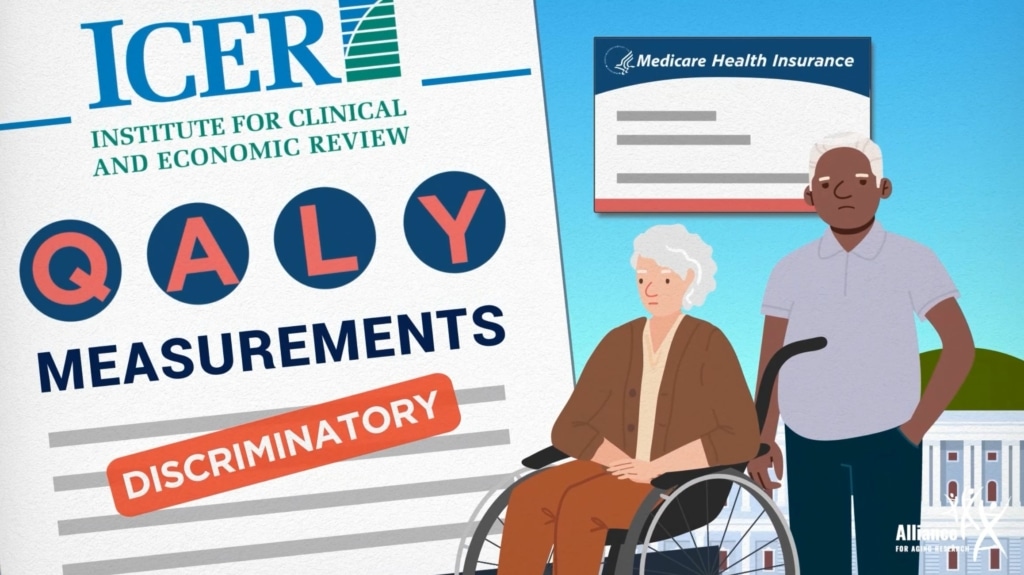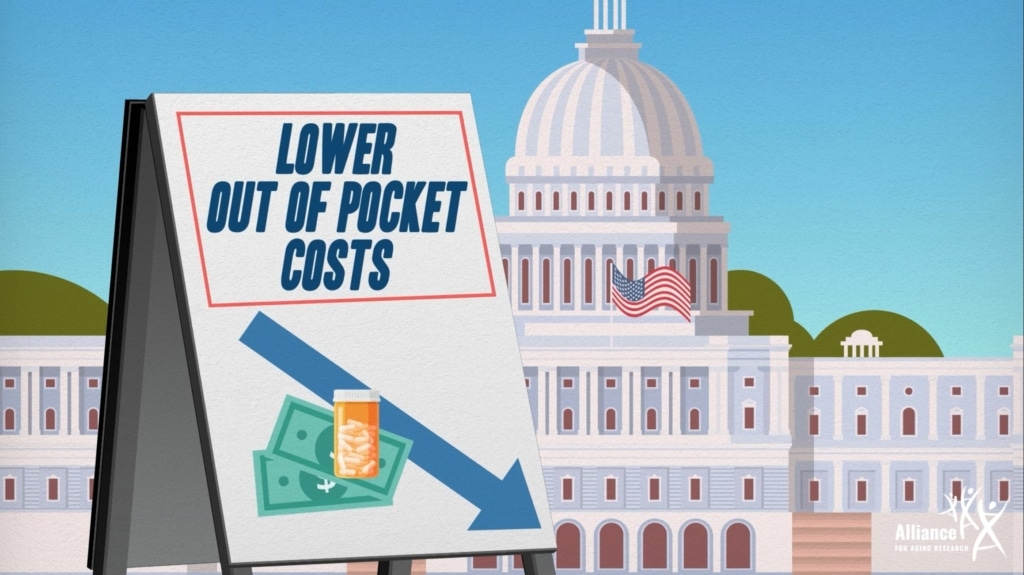New Alliance Video Explains Intricacies of ICER’s Involvement in Medicare Price Negotiation Process
Published June 1, 2023

A recently released video by the Alliance for Aging Research, How Will Medicare Negotiate Drug Prices? What Patients Need to Know, sheds light on significant provisions outlined in the 2022 Inflation Reduction Act that empower the Medicare program to engage in price negotiations with pharmaceutical manufacturers. While the prospect of negotiation may initially seem promising in terms of potential cost savings for patients, it’s important to note that it is a negotiation in name only, and in reality Medicare determines the maximum price that they are willing to pay, or the “maximum fair price,” which manufacturers must abide by. This price directly corelates with patients having access to their medications, and so it is vital that the methodology employed to calculate that price is equitable.

The Institute for Clinical and Economic Review (ICER) hopes to assume a prominent role in these negotiations, advocating for Medicare to use their reports to establish that maximum fair price. This would be problematic, as ICER’s methods are discriminatory. ICER’s reports incorporate metrics such as the quality-adjusted life year and the equal value of life years gained to assess the value of medications. As always, it is important to ask, “value to whom?” These metrics undervalue drugs for older adults and people with disabilities.
The video highlights the intricacies of ICER’s potential involvement in the negotiation process, underscoring the importance of engaging in efforts to ensure fair and unbiased decision-making. To learn more and advocate for a more inclusive and equitable healthcare system, visit icerfacts.org.
